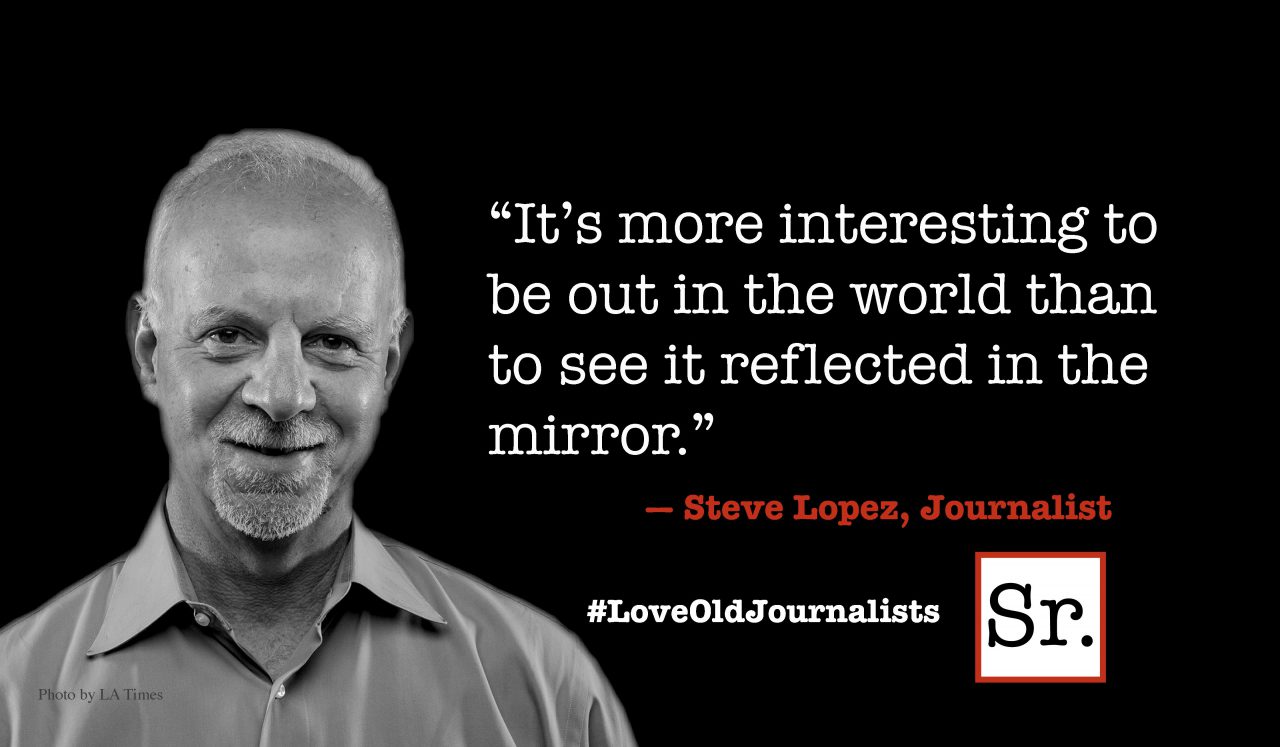Q. I was told that a copper bracelet can help relieve arthritis pain? True?
I’ve also heard that you can get relief by rubbing WD-40 on painful joints. I’m not being facetious; there are people who believe this multi-purpose liquid is an arthritis fixer.
There is no scientific evidence that copper bracelets do anything more than make a fashion statement. However, there is no proof that the bracelets don’t provide relief to arthritis sufferers.
Copper bracelets for arthritis have been around for a century or more. Many people swear that they work. Some doctors suspect that the positive reports are based upon symptoms going away by themselves.
For the record, there’s no proof that WD-40 helps either, but it will make you smell like a lubricated door hinge.
Folk remedies like copper bracelets seem to be harmless. However, they often delay effective medical treatment, so these so-called “cures” are not completely benign.
This brings us to today’s topic—health frauds, which are malignant.
Con artists tend to target people who suffer from serious diseases such as cancer, Alzheimer's, AIDS, diabetes, multiple sclerosis and arthritis. They also tend to go after the overweight with quick-loss schemes, and seniors looking to battle the effects of aging. A government study found that most victims of health frauds are over age 65.
The products the thieves are selling can be very harmful to your body. They are rarely covered by insurance, so many of them hurt your wallet, too.
Because there are so many weight-loss schemes out there, let’s address that subject first: To lose weight, you must burn more calories than you take in. Any shortcut is baloney. Period.
And now here are some tips for avoiding scams.
Beware of claims of:
* Quick results
* Cures for multiple conditions
* Scientific breakthroughs
* Secret ingredients
* Miraculous anything
* Ancient remedies
* Revolutionary innovations
* Painless treatments
* No dieting
And here are some expressions that should sound alarm bells in your brain:
* Limited availability
* Advance payment required
* Exclusive product
* Send a check now
* Money-back guarantee
* No questions asked
* Only available by mail
* Not yet understood by medical science
* Natural
* Simple
* Free gift
* Like magic
* Fountain of youth
* Folklore
If you are confronted with a pitch for a remedy that seems too good to be true, it probably is. Your first step is to contact your personal physician for advice. Treating yourself with an unknown product without consulting a doctor is simply nuts. And NEVER give your Medicare, Medicaid or Social Security number to anyone you don’t know.
In addition, if you want to be a good citizen, there are ways you can help prevent frauds from succeeding.
The U.S. Food and Drug Administration (FDA) shares federal oversight of health fraud products with the Federal Trade Commission (FTC). The FDA regulates safety, manufacturing and product labeling, including claims in labeling, such as package inserts and accompanying literature. FTC regulates advertising of these products.
You can report suspected frauds to both agencies.
To report a product that you believe is fraudulently labeled, call your local FDA office. The number is listed in the blue pages of your telephone book. Or visit the FDA website, www.fda.gov.
Contact the FTC by mail to Consumer Response Center, Federal Trade Commission, Washington, DC 20580; or online at www.ftc.gov.








